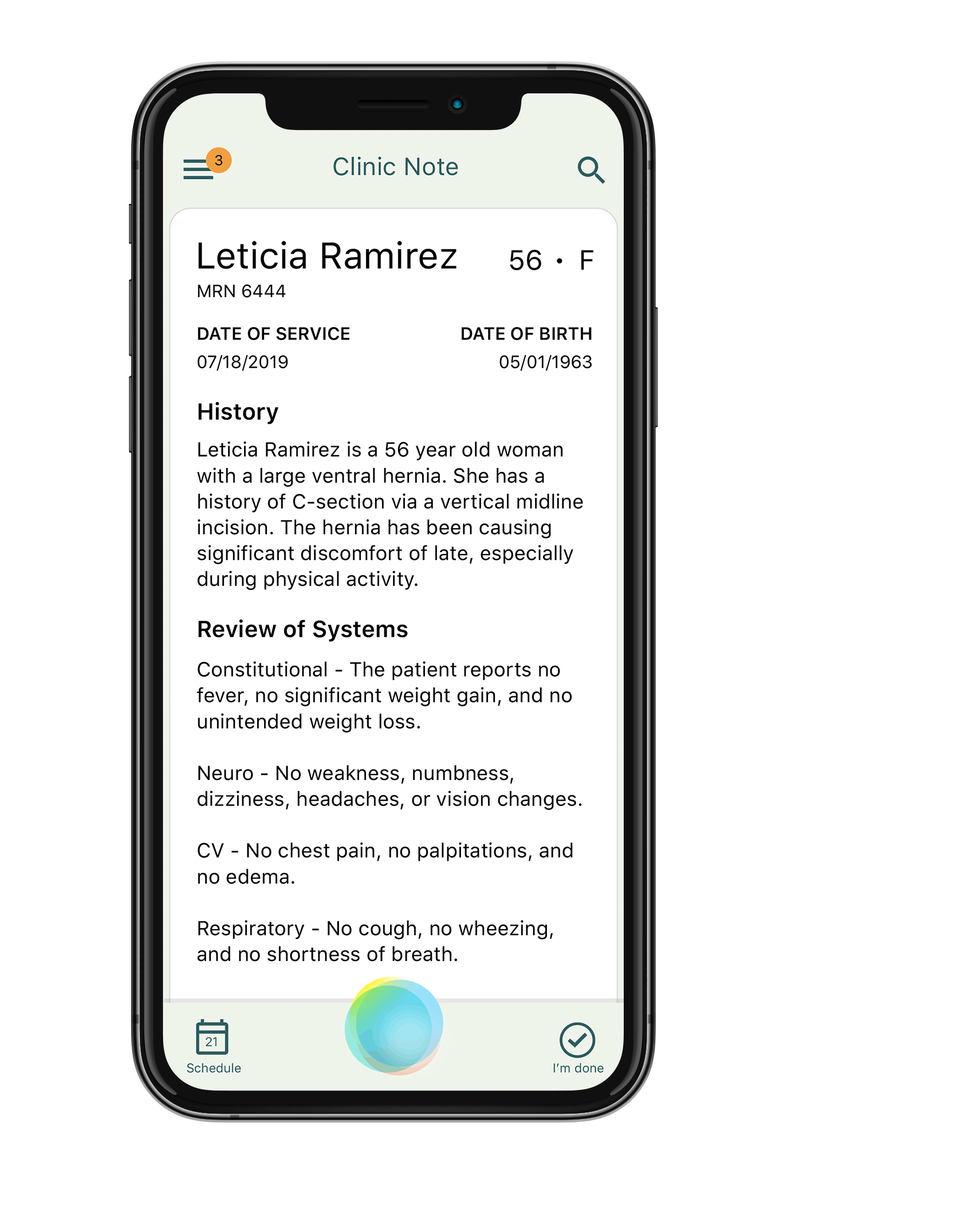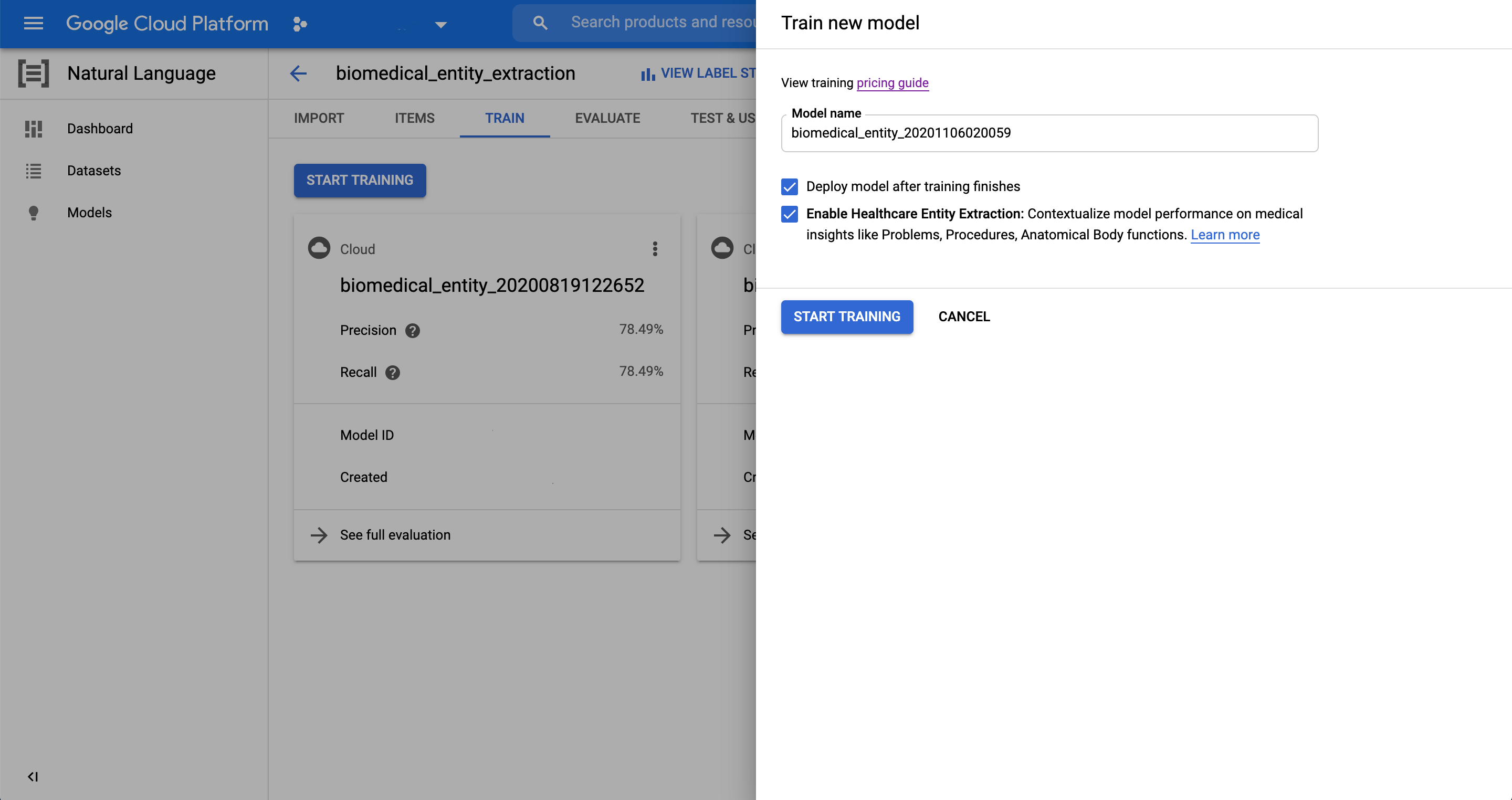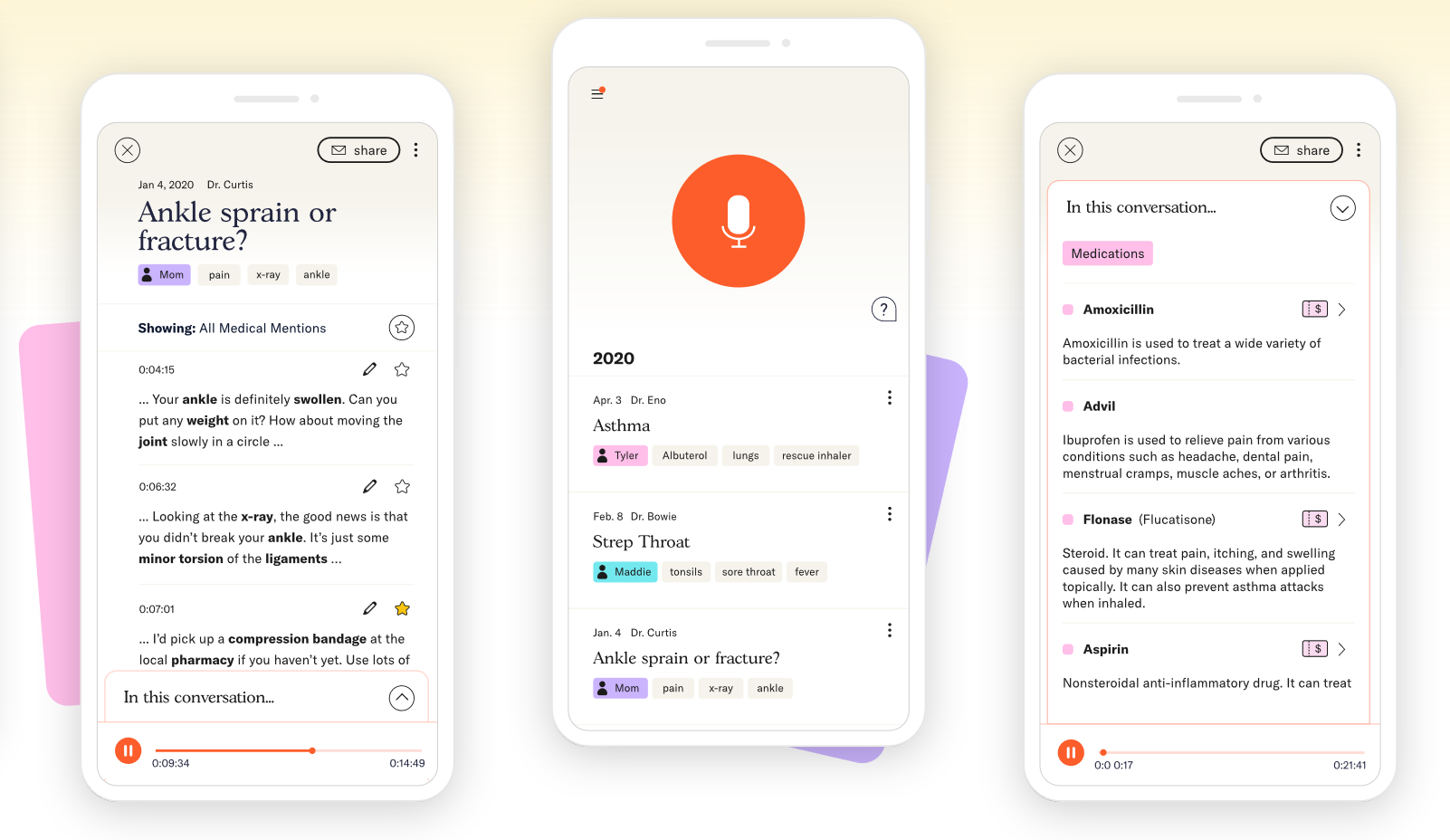
Why HCOs Need a Portfolio Management Approach to AI
No one AI technology will address everything and solve all problems, so systems should prioritize those that promise the greatest value and ROI.

No one AI technology will address everything and solve all problems, so systems should prioritize those that promise the greatest value and ROI.

This year, HCA Healthcare and Google Cloud have expanded their partnership by exploring ways to integrate Google’s generative AI into HCA’s workflows. The most developed project under this initiative is a pilot that began in February in which HCA’s emergency department physicians are testing a voice-enabled medical dictation tool to save them time on clinical documentation.

Hyro — a New York-based startup selling a conversational AI platform for providers — recently closed a $20 million Series B funding round. The platform is "mostly plug-and-play" and requires minimal effort and resources from providers, CEO Israel Krush said.

Machine learning algorithms have reached a familiar milestone in the healthcare industry --in order for them to be more widely embraced by providers, different approaches to roadtesting and validating them are underway.

Northwell recently invested $3 million in Hume AI, an expressive communication research lab and AI startup. The health system is partnering with Hume to develop machine learning models designed to better understand patients’ vocal and nonverbal communications.

Obtaining an understanding of how specific SDOH factors affect individuals is extremely difficult because SDOH data is not methodically collected by clinicians. Natural Language Processing (NLP), a key discipline of AI that uses computers to understand the written word, can overcome this challenge,

The goal of implementing artificial intelligence and machine learning in clinical research is not to replace humans with digital tools but to increase their productivity.

The voice solution Suki Assistant uses machine learning and natural language processing to accurately understand and document information and respond to physician commands, according to the company.

To reduce time-consuming manual searches and improve their findings, many organizations are turning to artificial intelligence technologies such as natural language processing. Clinical and research institutions are adopting NLP to capture unstructured information from EHRs that helps with diagnosis.

Vaccine hesitancy is still a challenge to providers' immunization plans. Florida-based AdventHealth is bringing the might of AI technology — specifically machine learning and natural language processing — to combat the issue.

Astrata, a spinout of UPMC's innovation arm, has developed natural language processing tools that can help providers and payers adhere to quality measures. This can, in turn, help healthcare organizations bolster their finances as reimbursement is increasingly being tied to these measures.

Google Cloud developed a suite of tools using natural language processing to help healthcare workers review and analyze medical documents more easily.

UPMC rolled out a new telehealth tool that sends patients a smart after-visit summary. Called Abridge, the tool picks up on physicians’ instructions from their conversation with patients and sends information on medications and next steps.

Dallas-based Pieces Technologies builds software systems that integrate clinical data with information from local health clinics, food banks, and other community resources. The company raised a $25.7 series B round led by Concord Health Partners.

The Atlanta-based company has raised $5.2 million in seed funding in a financing led by First Round Capital and Threshold Ventures, as it looks to continue to build out its technology.